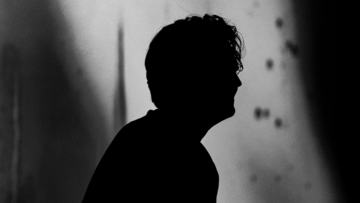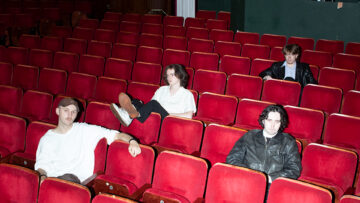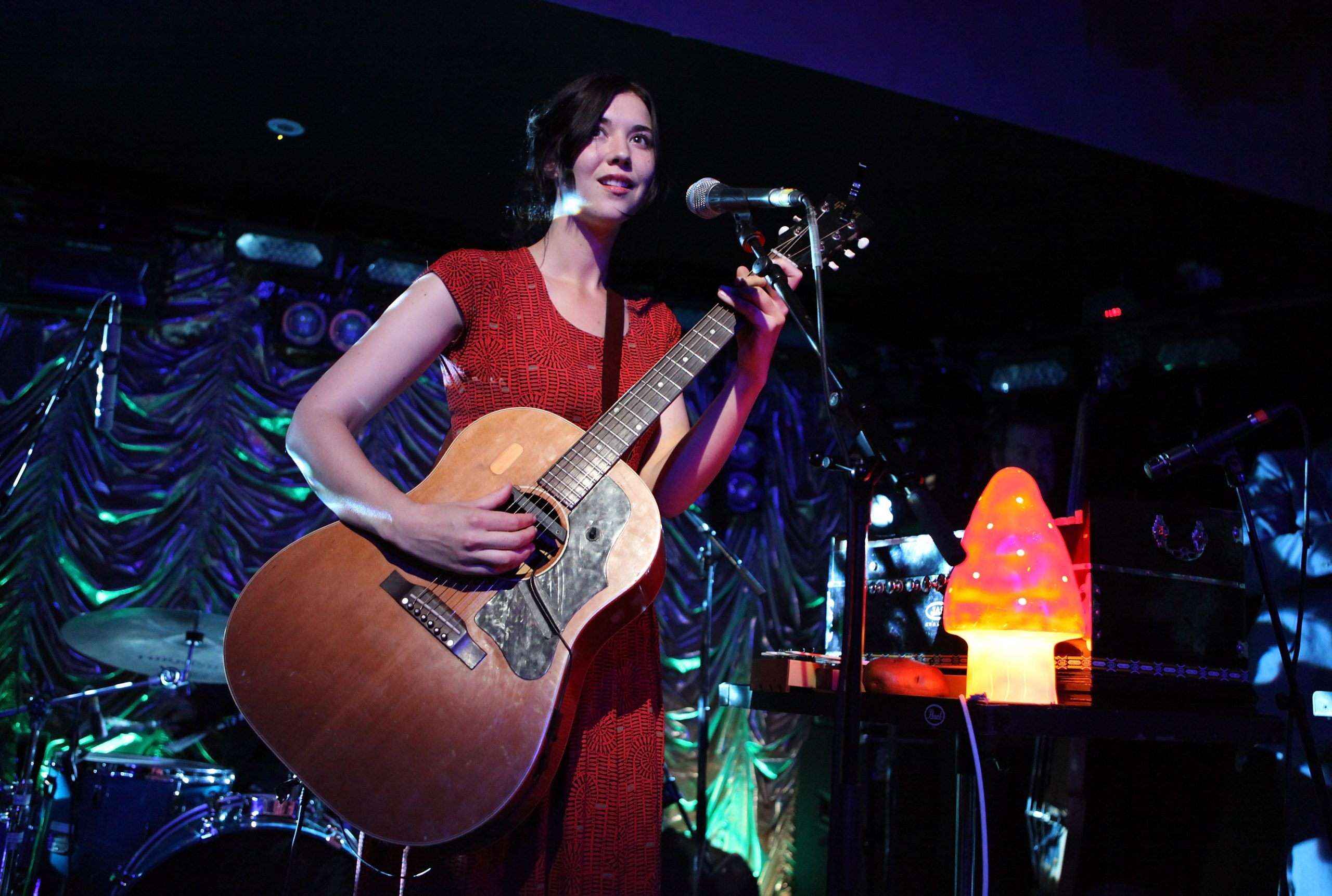
The Basic Income for the Arts scheme was first announced by the Irish government in January, following the recommendation of a taskforce led by Catherine Martin, the Irish Minister for Tourism, Culture, Arts, Gaeltacht, Sports and Media.
Over 9,000 people are said to have applied to the scheme, with the 2,000 who’ve been selected having to take part in an accompanying research project, which will assess the data and value of the scheme overall.
In total, the scheme is expected to cost the Irish government some €25m (£22m) and will provide a basic income to those selected for three years.
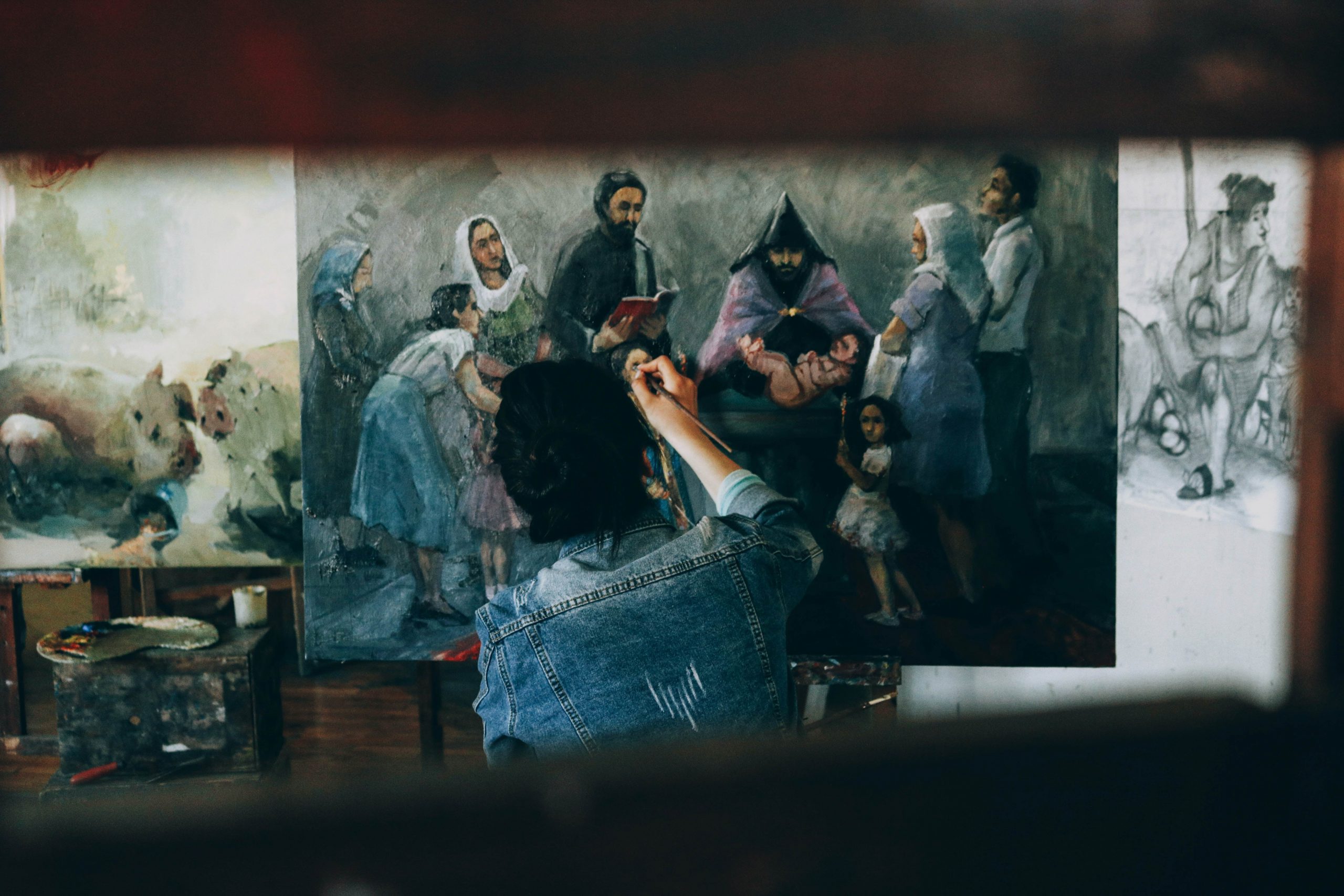
Whilst those who have been granted the income were chosen at random and anonymously, the Irish government did nonetheless provide a breakdown of the roles and regions they’re from.
In total, Dublin has the highest number of selected artists, with 764 – significantly higher than Cork’s 212 and Galway’s 148.
The occupations for those selected, meanwhile, includes more than 700 visual artists, 584 musicians, 204 people working in film, 170 actors and 184 writers. Lesser-selected occupations chosen at random include 32 dancers and choreographers, 13 circus artists and ten architects.
Over 50 of those chosen work in the Irish language, Gaelic.
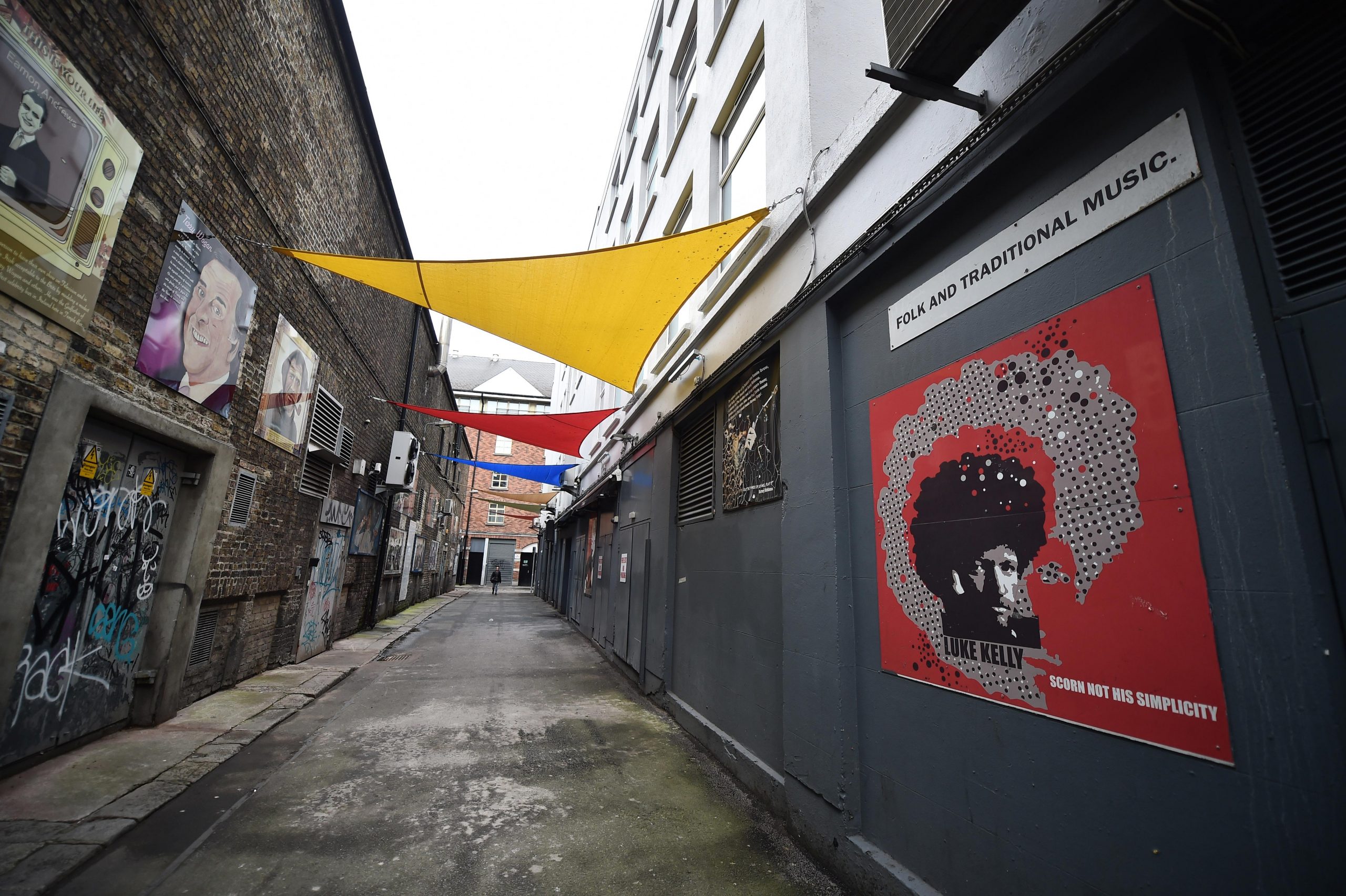
The streets of Dublin. Photo: Charles McQuillan
Speaking on the high demand for the scheme, compared to the limited number of people who could be chosen, Ms Martin said “there will be a lot of disappointed people today who applied and didn’t get selected,” but that she was “very grateful to everyone who took the time to apply and I understand their disappointment”.
“Ireland could lead the way on a new model to support people active in the sector, recognising its importance to all people,” she added, saying the scheme could show the “potential to fundamentally transform how we support the arts and creativity”.
Trials of universal basic incomes are nothing new. In fact, they’ve been carried out in the likes of Spain, Finland and Germany – and as far-flung as India, Brazil and Canada. Results have certainly varied, with some reporting on the disincentivising effect such a scheme has had on people seeking work, although many have recorded the stress-reducing impact, too.
And whilst the Intermittent Du Spectacle (Intermittent Artist Status) scheme has been in place in France since 1936, providing artists with rights to unemployment benefits, this new scheme in Ireland is a slightly different prospect. The results will certainly prove interesting.


